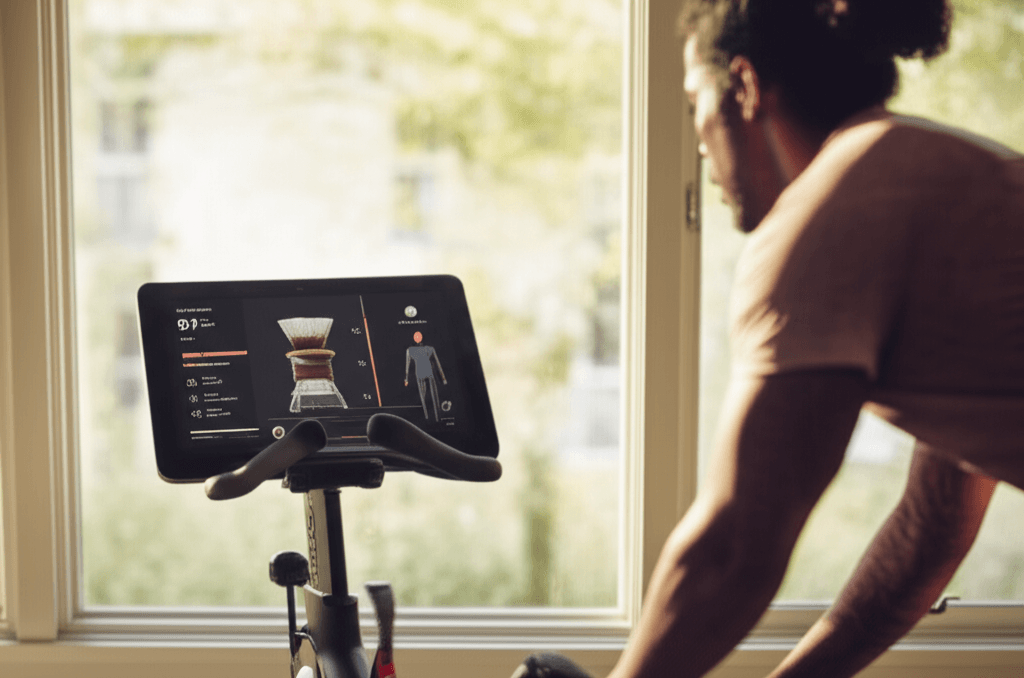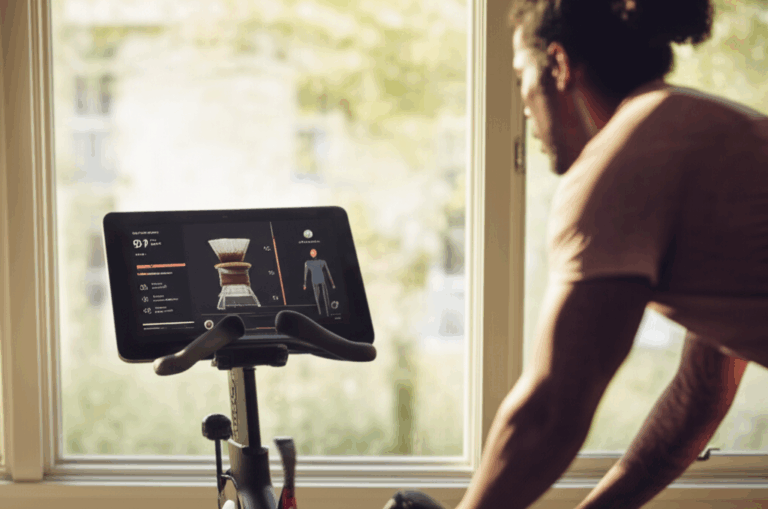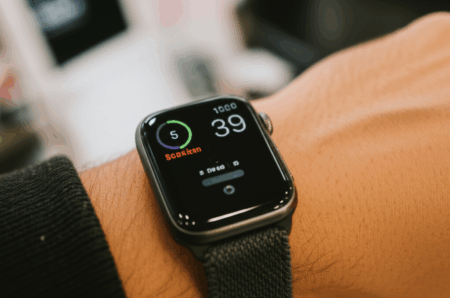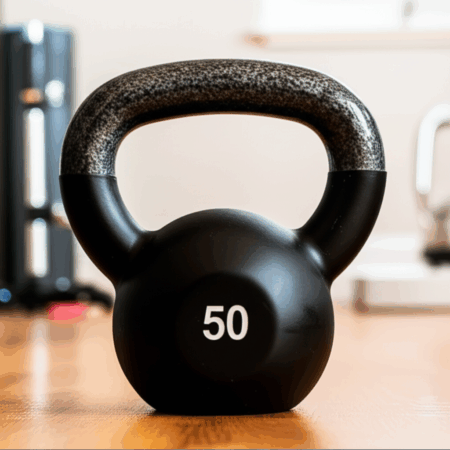The fitness industry is undergoing a significant transformation, with artificial intelligence increasingly stepping into roles once exclusively held by human experts. From personalized workout plans to real-time form correction, AI-powered tools are reshaping how individuals approach their health and fitness journeys. Major players like Peloton are at the forefront of this evolution, introducing sophisticated AI systems designed to bring intelligent coaching directly into users’ homes.

Peloton IQ: Bringing AI-Powered Coaching Home
Peloton, a company renowned for its interactive fitness equipment and instructor-led classes, has recently unveiled its comprehensive AI system, Peloton IQ. This new offering signals a strategic shift towards more personalized and data-driven wellness experiences. Peloton IQ is integrated across the company’s refreshed product lineup, including its new Cross Training Series of bikes, treadmills, and rowing machines.
Real-time Feedback and Form Correction
One of the standout features of Peloton IQ, particularly on the premium “plus” models of the Cross Training Series, is its ability to provide real-time form feedback. Equipped with a built-in movement-tracking camera, the system detects a user’s movements and offers immediate corrections during strength workouts. This is akin to having a personal trainer observing and guiding you, helping to ensure proper technique, count repetitions, and even suggest appropriate weights, all aimed at reducing injury risk and maximizing workout effectiveness.
Personalized Plans and Workout Generation
Peloton IQ goes beyond real-time corrections by offering highly personalized workout experiences. The system analyzes a member’s unique workout history, fitness goals, and preferences, including data from third-party smartwatches like Apple, Fitbit, and Garmin. Based on this comprehensive data, Peloton IQ generates tailored weekly workout schedules, recommending classes from Peloton’s extensive library. It can also generate custom strength workouts, allowing users to select duration, equipment, experience level, and target muscle groups, removing the guesswork from structuring a routine. The AI even provides performance estimates and insights, indicating if a chosen workout might be “Harder than your usual” based on past performance.
Hardware Integration for an Enhanced Experience
To support its advanced AI capabilities, Peloton has significantly updated its hardware. The new Cross Training Series features swivel screens on all models, making it easier for users to transition between different workout types like cardio, strength, and yoga while still engaging with the AI. Premium models also boast hands-free voice control, allowing users to pause workouts, adjust weights, or skip moves with simple commands, and include improved audio systems tuned by Sonos.

The Broader Landscape of AI in Personal Training
Peloton’s innovations are part of a larger trend seeing AI deeply integrated into the fitness industry. The global AI in fitness market is projected for substantial annual growth through 2030, signifying a transformative shift.
Data-Driven Personalization Beyond Peloton
Across the industry, AI algorithms leverage vast amounts of data, including fitness levels, goals, past performance, and even physiological responses, to create highly customized workout and nutrition plans. This adaptive approach allows AI to dynamically adjust programs based on real-time user performance, ensuring continuous challenge and engagement without relying on generic, one-size-fits-all programming. For example, AI can suggest modifications if a user struggles with an exercise or adjust an entire plan to account for missed sessions.
Accessibility, Affordability, and 24/7 Availability
One of the most compelling advantages of AI personal trainers is their accessibility and affordability. Human personal trainers can be costly, often ranging from $50 to $150 per session. AI-powered solutions, conversely, can be significantly more budget-friendly, sometimes starting as low as $10 per month. Furthermore, AI fitness tools are available 24/7, eliminating scheduling conflicts and geographical limitations, making high-quality coaching accessible to a wider audience at any time.
Advanced Tracking and Progress Monitoring
AI excels at monitoring progress and providing insightful feedback. Wearable devices and fitness apps integrated with AI can track metrics such as heart rate, calorie burn, sleep patterns, and workout intensity. AI algorithms process this data to identify patterns, offer valuable insights into overall health, and suggest adjustments to optimize routines, helping users better understand their bodies and make data-driven decisions.

Limitations: Where Human Trainers Still Excel
Despite the impressive capabilities of AI, industry experts and fitness instructors largely agree that the technology has its limitations and is not an outright replacement for traditional personal trainers.
The Irreplaceable Human Connection and Motivation
Perhaps the most significant gap AI cannot fill is the human element. AI lacks emotional intelligence, empathy, and the unique ability to motivate, inspire, and build a genuine connection with a client. A human trainer can sense a client’s mood, provide encouragement when needed, or offer a critical push, fostering accountability that automated nudges often can’t replicate. This bond is crucial for long-term adherence and engagement in a fitness journey.
Nuanced Form Correction and Injury Prevention
While AI with computer vision can offer real-time form feedback, it may struggle with the same level of nuance and adaptability that a human trainer provides. Human trainers can catch subtle misalignments, adapt to individuals with existing injuries or mobility issues, and make real-time adjustments that AI might overlook or misinterpret. For complex medical conditions or rehabilitation, the hands-on expertise and judgment of a human professional remain invaluable for safety and effectiveness.
Deep Customization and Adaptability to Unforeseen Factors
Human trainers can delve deeper into a client’s specific history, preferences, and lifestyle, crafting truly individualized plans that go beyond what algorithms can discern from data alone. They can also adapt to unexpected life changes, emotional factors, or preferences that impact a fitness journey in ways AI cannot yet comprehend or address.

The Future is Hybrid: AI as a Complement, Not a Replacement
The prevailing sentiment among fitness professionals and technologists is that AI will enhance, rather than replace, human personal training. This suggests a future where a hybrid approach, combining the strengths of both, will become the norm.
Enhancing, Not Replacing, Human Expertise
AI is best viewed as a valuable tool that augments the capabilities of human trainers. By automating routine tasks like scheduling, progress tracking, and basic workout generation, AI frees up trainers to focus on higher-value coaching activities that require empathy, complex problem-solving, and personal connection. The human element—motivation, emotional support, and in-depth consultation—will continue to be at the heart of effective coaching.
Opportunities for Fitness Professionals
For fitness professionals, embracing AI presents significant opportunities. It can increase efficiency, allowing trainers to manage more clients without sacrificing quality, thus potentially boosting their income. AI can also provide enhanced client insights through data analysis, enabling trainers to develop more effective, data-driven strategies. Trainers who leverage AI as an assistant to streamline operations and personalize experiences will be well-positioned to thrive in an evolving industry.
Empowering Users with Intelligent Tools
Ultimately, AI is making fitness more accessible, affordable, and personalized for a broader audience. While AI personal trainers like Peloton IQ offer impressive capabilities for real-time guidance and customized programming, they are best utilized as intelligent tools that empower users and assist human coaches. The most effective path to fitness success for many will likely involve a blend of AI’s data-driven efficiency and the irreplaceable motivation, empathy, and expert judgment of a human personal trainer.







